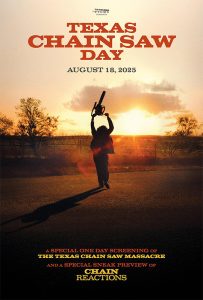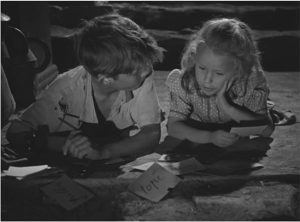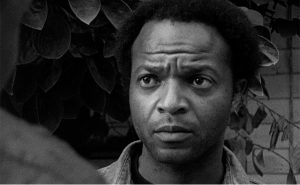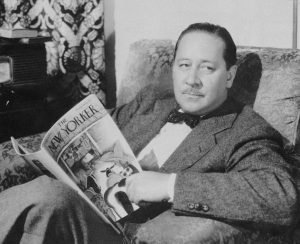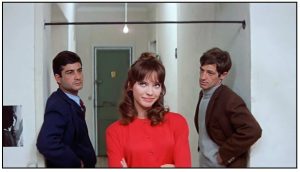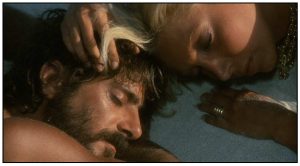 John Schlesinger’s Darling (1965), starring Julie Christie, Dirk Bogarde, and Laurence Harvey, returns to the big screen in a new 4K restoration for its 60th anniversary. The bittersweet satire of Swinging London will screen at Film Forum in New York from October 10 to October 23.
John Schlesinger’s Darling (1965), starring Julie Christie, Dirk Bogarde, and Laurence Harvey, returns to the big screen in a new 4K restoration for its 60th anniversary. The bittersweet satire of Swinging London will screen at Film Forum in New York from October 10 to October 23.
The film, which helped define the British New Wave, earned five Academy Award nominations, winning Best Actress for Christie, Best Original Screenplay for Frederic Raphael, and Best Costume Design for Julie Harris. Christie’s performance as ambitious model Diana Scott launched her to international stardom.
Darling also earned four BAFTAs and three New York Film Critics Circle Awards, cementing its place as a cultural landmark of the 1960s.


